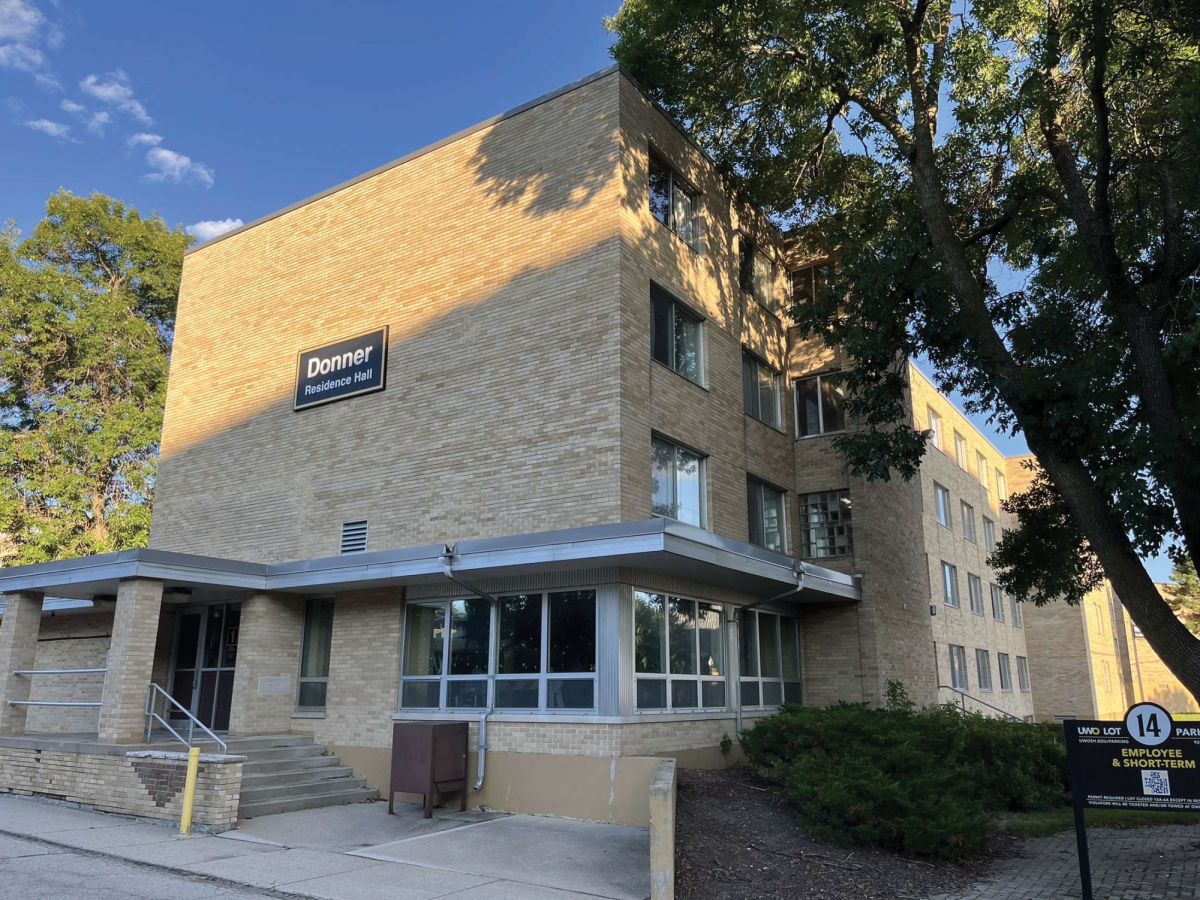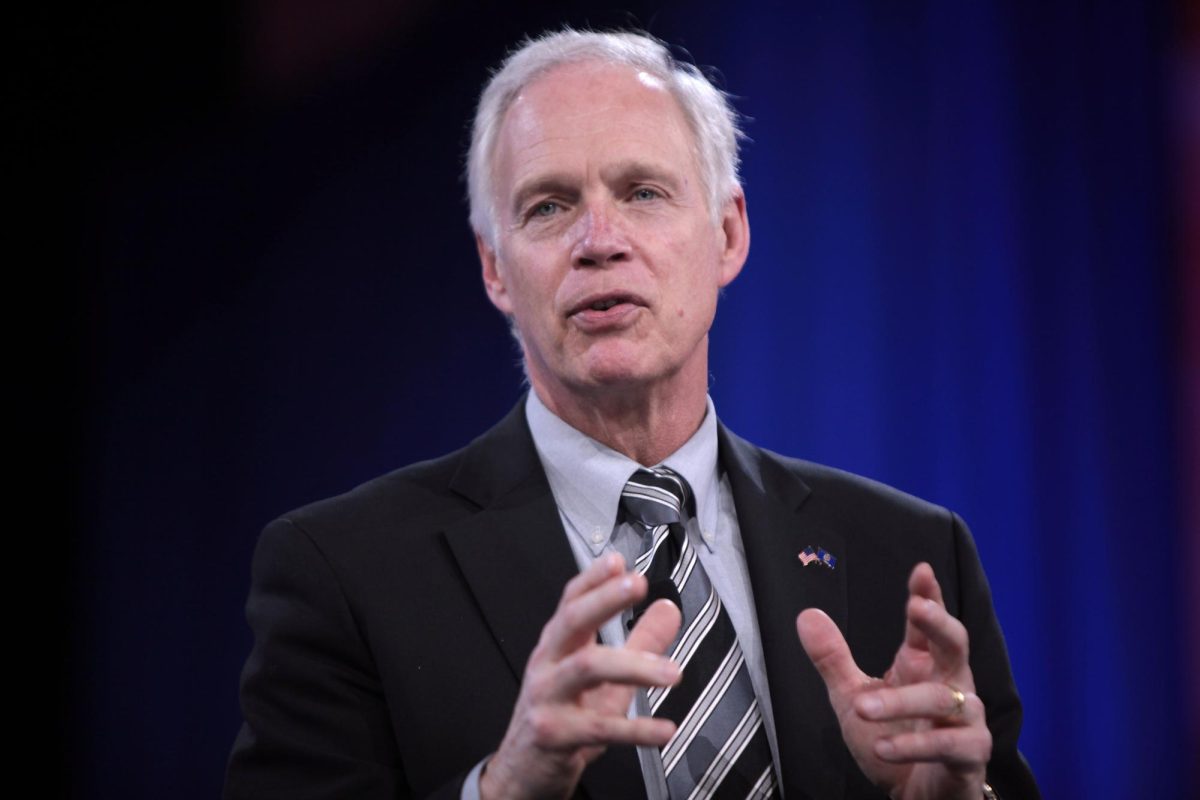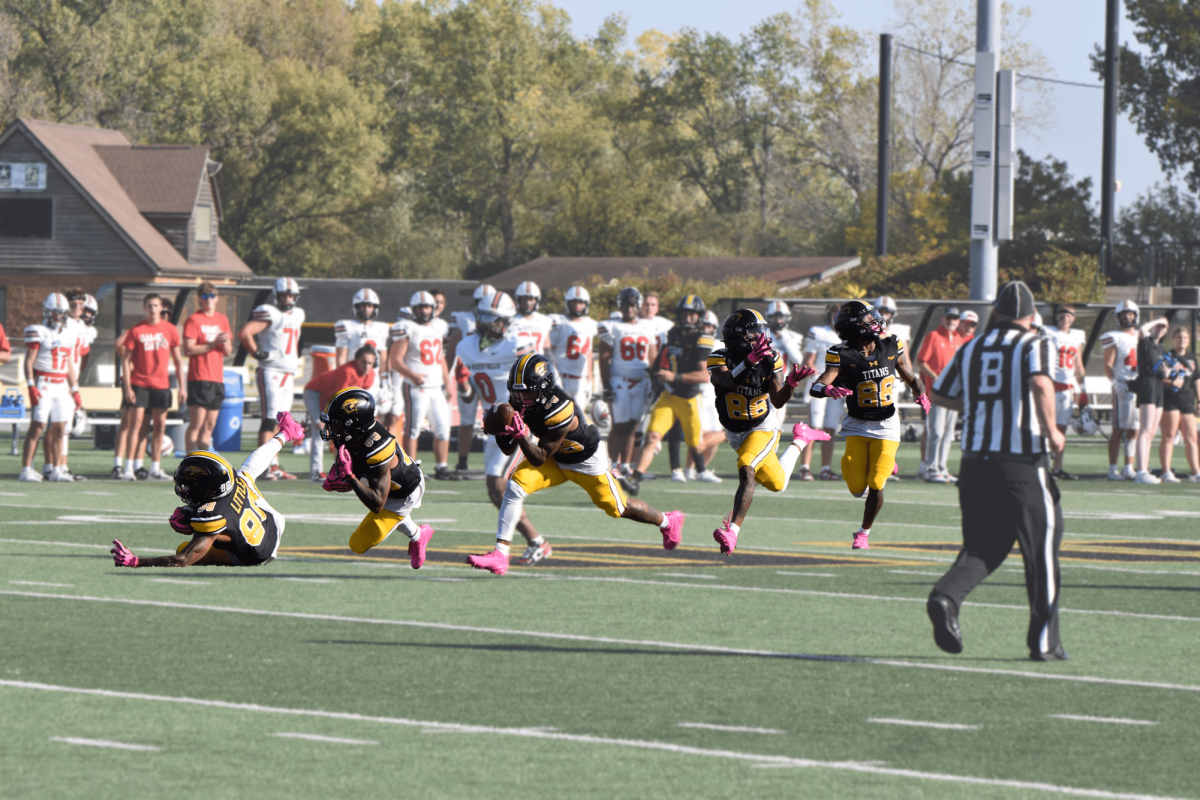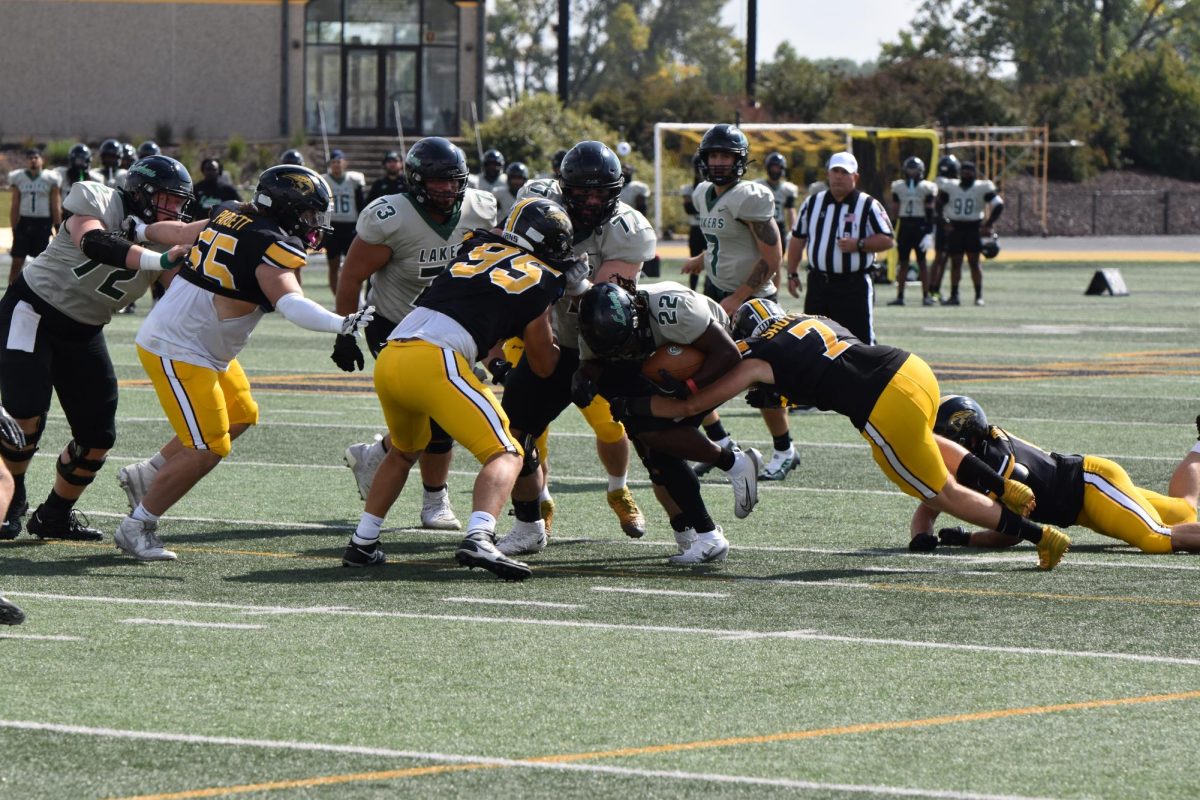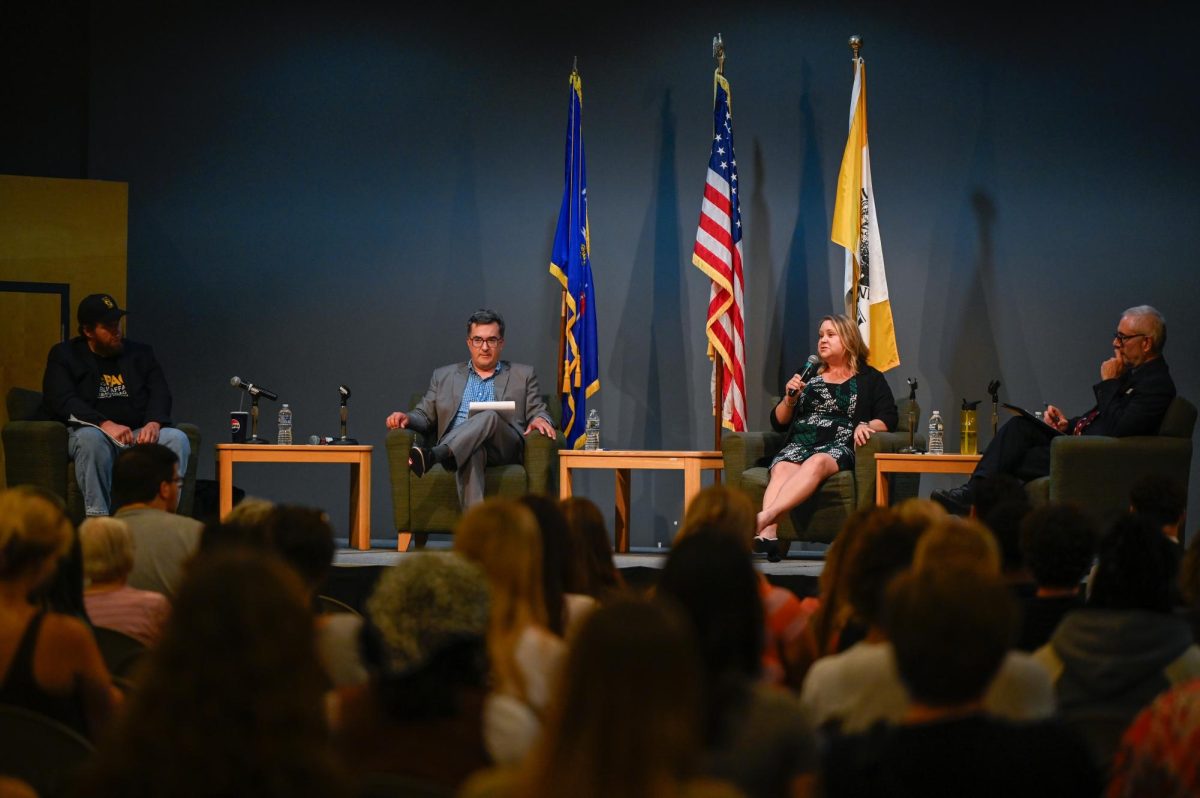UW Oshkosh will see three of its buildings torn down over the course of the next year after the Wisconsin State Building Commission approved $110.2 million in projects statewide Aug. 6.
One of the projects approved by Gov. Evers includes the demolition of UWO’s Donner Hall, Webster Hall and Radford Hall, as well as buildings at UW-Platteville and UW-Parkside.
Kurt Leibold, the UWO executive director of buildings, risk and safety, said in an email to students that the demolition of the buildings is just part of many projects across campus.
“This work … will help us reduce our overall building footprint and make way for a brand-new Health Services Clinic in Lincoln Hall,” Leibold said. “The clinic should be ready for use next spring, while the demolition itself is scheduled for summer 2026.”
UWO Chief of Staff Alex Hummel said that preparations for the demolitions have been ongoing for the past couple of years.
“The buildings were beyond their useful lifespan—particularly the two residence halls—and are not desirable by incoming students,” Hummel said.
The State Building Commission said in their report that the removal of the three buildings at UWO is necessary to make way for future development of the campus and to eliminate costly maintenance burdens.
Donner and Webster residence halls were built in 1962 and 1957, respectively, while Radford Hall was built in 1952 and houses faculty offices for the English department and the Student Health Center.
According to the university, the first part of the project will be to renovate portions of Lincoln Hall, which houses the Children’s Learning and Care Center, to create space for a new Student Health Center.
The project is expected to be completed by December 2026, when green spaces will be added to where the buildings currently sit.
State Rep. Lori Palmeri said that the demolitions are the first step to providing students access to new fully functional facilities.
“I was excited to see state funding of $5.3 million going to UWO to improve infrastructure on our campus,” Palmeri said.
Evers said that he was proud the commission was able to approve the projects to give essential upgrades to Universities of Wisconsin System campuses.
“I’m grateful to the commission for approving these projects and seeing the value in continuing to invest in the past, present and future of Wisconsin,” Evers said. “I look forward to seeing firsthand the impact these critical investments will have on communities and folks across our state.”
Evers and the State Building Commission also approved a six million dollar project to repair and improve the Main Street Bridge in Oshkosh and improvements to the Oshkosh Correctional Institution.
Palmeri said that she is grateful that Evers is a strong believer in public infrastructure.
“The Main Street bridge is currently in working condition but has fallen behind over the years on full maintenance and is due for a large investment to insure a long lifespan ahead,” Palmeri said. “Oshkosh Correctional Institution will also be receiving $2.8 million to build a new wastewater screening station to ensure items that can cause damage to the City of Oshkosh’s sewage treatment facility are removed.”
Leibold said that the university has completed numerous projects over the summer including classroom furniture upgrades, the Blackhawk kitchen elevator replacement and the Scotty’s Café renovation.
“In the meantime, several other projects are moving along nicely,” Leibold said. “Repairs of the masonry façade on North Scott are nearly complete. Our Chemistry Stockroom Renovation bringing updated fume hoods, cabinetry and lab space will continue into the spring semester of 2026.”
Leibold also said that improvements to the Arts & Communication building and above-ground pipes will continue throughout the fall semester.
“(We are) moving forward on the Steam & Condensate Utility Replacement, which will replace above-ground utility lines and steam pits,” he said. “That work should go out to bid this winter, with construction starting in spring 2026. Yes, this means those pipes will be underground.
Leibold said that the university is assembling over 60 capital project requests for the future, and he said he wanted to thank students and staff for their support in the work the university is doing across campus.
“This fall, we’ll be refining those proposals for review by the Chancellor and (the Universities of Wisconsin),” Leibold said. “Every project, big or small, brings us closer to a stronger, more vibrant learning environment for our students, faculty, staff and community.”


